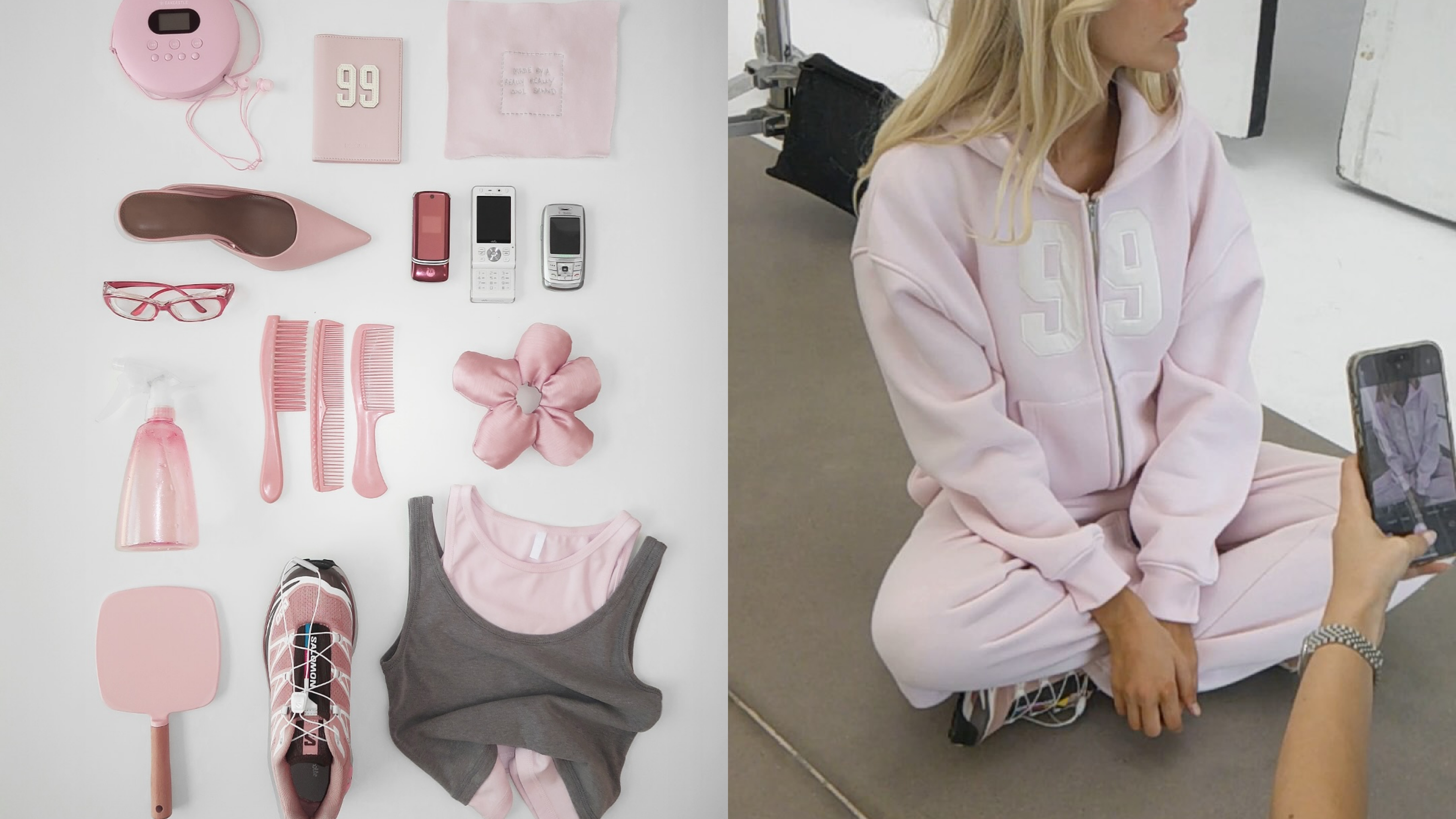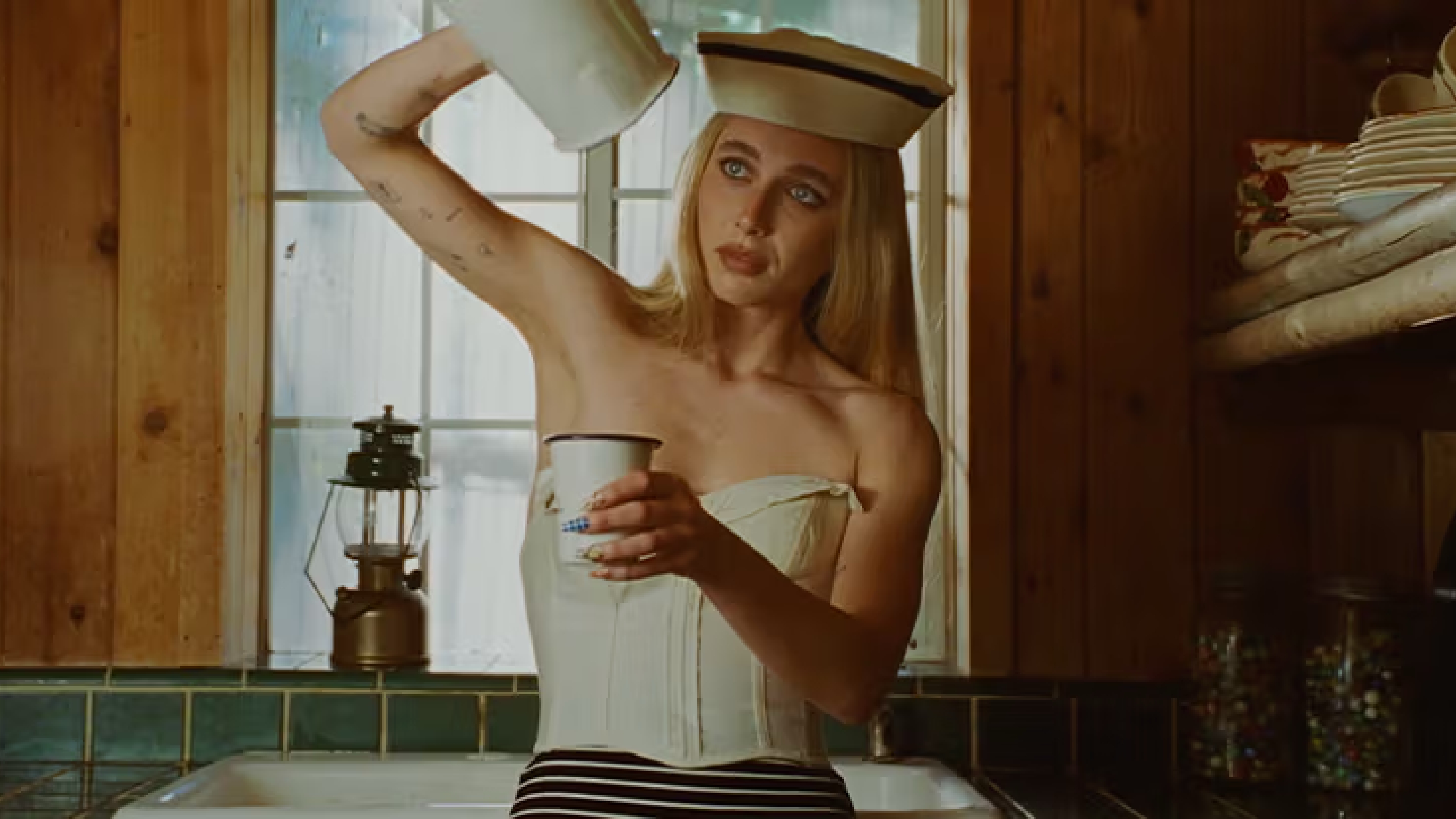A Peek into the Vanity Cases of the Young
From the glossy aisles of Sephora to the vibrant virtual beauty counters of TikTok, Gen Alpha's beauty journey is a fascinating one. This generation's early engagement with beauty products is more than just child's play. At the tender age of 10 or 11, they're not only experimenting with skincare and makeup but also making substantial financial commitments to their beauty regimes. The Piper Sandler spring 2023 report corroborates this trend, with teenagers splurging more on beauty than ever before.
Moreover, in-store experiences at Sephora and Ulta Beauty are not just shopping trips but sensory explorations for these young beauty enthusiasts. This tangible interaction with products adds another layer to their beauty journey.

Platforms like TikTok have emerged as the new-age beauty gurus for Gen Alpha. Here, 'Get Ready With Me' videos are not just tutorials but a rite of passage. These digital spaces offer a canvas for self-expression and fun, akin to modern-day cosplay. However, there's a catch. The mental health implications of this early beauty immersion cannot be overlooked. As these young minds navigate the complex world of beauty and body image, the risk of developing eating disorders and depression looms large.
Millennial parents find themselves in a precarious position. On one hand, their involvement in managing their children's beauty-related social media accounts suggests a guiding role. On the other, they face backlash for possibly fostering materialism and unrealistic beauty standards. Business Insider's article by Charissa Cheong delves into this, noting how Gen Alpha's luxurious skincare wish lists and disruptive behavior in stores like Sephora have sparked debates about parenting styles and consumerism in the digital age.
Drunk Elephant, with its minimalist packaging and eye-catching colors, has become a coveted brand among tweens. This fascination raises questions about the suitability of such premium products for young skin and the influence of social media and peer pressure.

Generation Alpha's beauty routines are being shaped by their early exposure to digital media. The emergence of young influencers like North West and Penelope Disick further underscores this trend. However, the concerns surrounding early beauty obsession and the psychological effects it may harbor cannot be ignored.
The safety of ingredients and the appropriateness of certain products for young skin are under scrutiny. Meanwhile, brands like Drunk Elephant assure that their products are suitable for all ages, albeit with specific advisories.
A Symptom of a Larger Issue
Stories of Gen Alpha's behavior in beauty stores, paint a vivid picture of the cultural shift in beauty and skincare. These accounts reflect not just changing consumer habits but also the challenges parents face in moderating their children's exposure to social media influences.
It's clear that this phenomenon is multi-faceted. It's a blend of early digital immersion, parental influence, societal shifts, and the ever-potent pull of social media. While it offers a window into future beauty trends and practices, it also raises critical questions about self-image, consumerism, and the role of parenting in the digital era.
In navigating this landscape, the need for a balanced approach is paramount. It's about finding a middle ground where beauty remains a source of joy and self-expression for Gen Alpha, without overshadowing the essence of childhood and the importance of healthy self-perception.






.svg)


.svg)
.svg)






